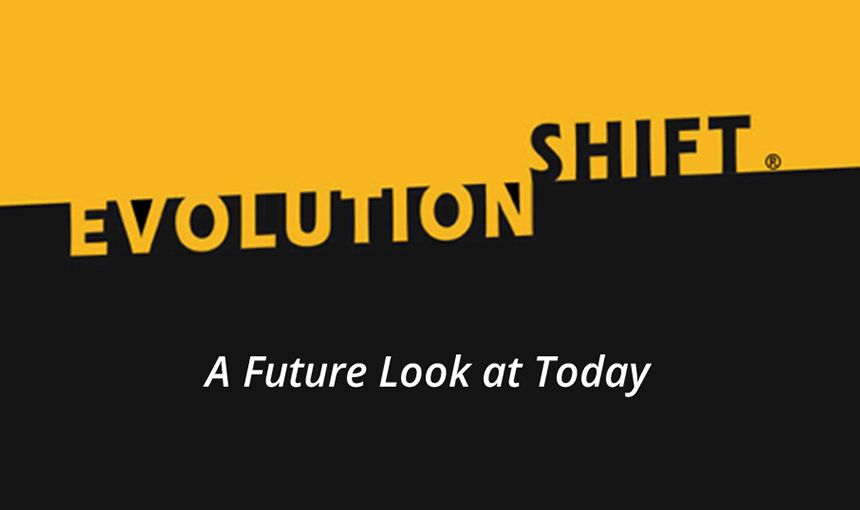Dr. Monisha Pasupathi, a psychology professor at the University of Utah and star of the Teaching Company course How We Learn, was one of the people I interviewed as part of writing Leading the Learning Revolution (a book about how to start or grow an education business). I’ve turned those interviews into podcasts, and I thought this one would be of particular interest to Mission to Learn readers. It’s also a good companion to 10 Ways to Be a Better Learner.
In our conversation we cover some common myths about learning, talk about how well prepared we are (or aren’t) to deal with a hyper-connected, information-flooded world, and consider the role of the lecture as a form of learning delivery. Have a listen, and be sure to comment and share your thoughts. I’ve also included show notes below.
Listen to the Podcast
[audio:https://media.blubrry.com/learningrevolution/p/content.blubrry.com/learningrevolution/Monisha-Pasupathi-How-We-Learn-Interview.mp3]Podcast: Play in new window | Download | iTunes
How We Learn Show Notes
00:30: Hope you caught the last two episodes, focused on the marketing side of the equation.
1:37: Introduction of Dr. Monisha Pasupathi of the University of Utah.
2:08 – Props to Monisha’s Teaching Company course How We Learn. Was this a natural path for her, or did the Teaching Company scout her out and convince her?
3:46 – Myths about learning and how adults learn. What are some of the fundamental misunderstandings?
5:27 – How does living in such a highly-connected world impact learning? How well prepared are most people to learn effectively?
6:50 – Two things make assessing the flood of information difficult.
7:53 – We’re not as good at verifying and remembering the sources of information as we are at learning content
10:00 – Lectures, in spite of all the criticism they get these days, are actually efficient ways of helping people learn.
13:00 – We may have lost the capacity to experience lectures as interactive.
Book Excerpt
Here’s a quote from Monisha that I used in Leading the Learning Revolution:
Good lectures can take people through an expert’s thought process in a way that doesn’t happen when you’re very interactive. They are really organized, really structured, and really digestible ways to get quite a bit of information in a relatively short time. To acquire the same level of learning from interactive models often will require considerably more time. It often takes considerably more expertise on the part of the teacher or the instructor, because you have to know how to get a group of non-expert people from Point A to Point B. You have to know where they typically hit a wall in their understanding; what kinds of misconceptions they bring to the table.
The other thought I always have when people talk about being more interactive is that we may have lost the capacity to experience lectures as interactive. I remember a really interesting experience I had in Germany where I went to a talk, and it was given in German. And my German wasn’t terrific at the time, so I had a hard time pro- cessing this lecture, but what I noticed about it was that it was a very old-fashioned lecture. It was given by a professor who had been there before the wall had come down in the former Eastern Bloc, and he spoke in fully articulated sentences for something like forty minutes in beautiful, erudite German. What I think we don’t experience anymore is that kind of lengthy oration.
I suspect there was a time when we used to have better skills for this type of experience and for feeling engaged with lectures. We may be going too far into interactivity in such a way that it is actually undermining people’s skill at listening to lectures. Because it is, to some extent, something that we learn how to do, and I’d hate to see us unlearn that in favor of new instructional methods that have their own value, but also have their own flaws.
15:10 – BUT, there are certainly many boring lectures out there! What can subject matter experts do to deliver more engaging, effective lectures?
18:40 – And what about webinars? Any way to make those better? What about bringing a “storytelling” approach to it?
22:30 – What are some emerging developments Dr. Pasupathi finds really exciting in the world of learning right now?
25:56 – The attraction of being able to learn so much post-career
26:50 – Sign off
[audio:https://media.blubrry.com/learningrevolution/p/content.blubrry.com/learningrevolution/Monisha-Pasupathi-How-We-Learn-Interview.mp3]Podcast: Play in new window | Download | iTunes
The theme music for Learning Revolution is The Information Age by Anthony Fiumano, available on the Podsafe Music Network.
Image copyright: lightwise / 123RF Stock Photo





I totally agree that one should never stop learning. I found a great website that teachers anyone languages check it out http://www.lingohut.com . Keep learning